How is New Year Celebrated in India?
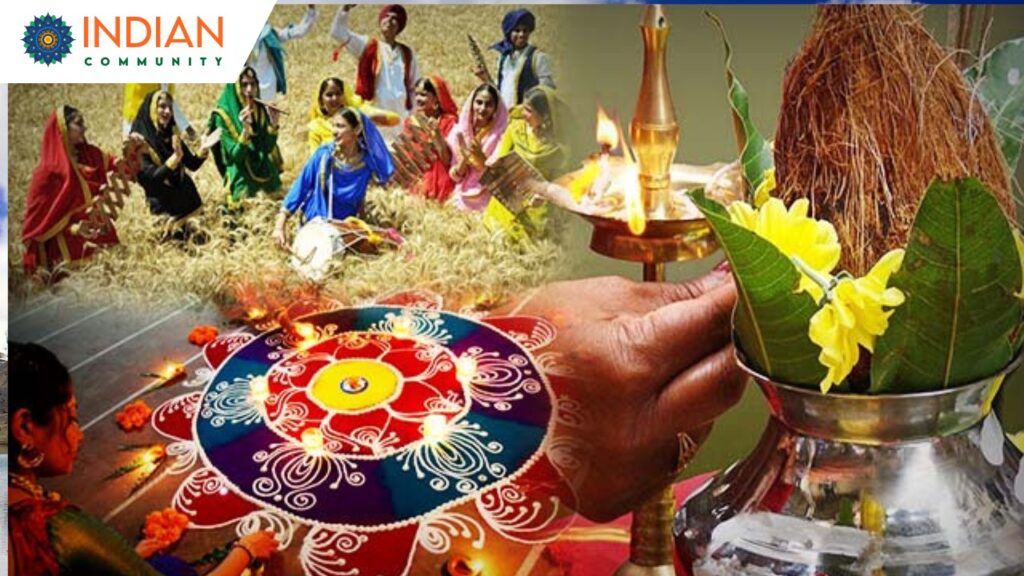
India, a land of diverse cultures and traditions, celebrates the New Year with remarkable vibrancy and enthusiasm. Unlike the uniform Gregorian calendar New Year celebrated globally on January 1st, India’s celebrations are a beautiful mix of traditional customs, regional festivals, and modern festivities. From grand parties in metropolitan cities to sacred rituals in rural villages, here’s how India welcomes the New Year.
1. January 1st: A Modern Festivity
New Year’s Day on January 1st has gained immense popularity across urban India. Cities like Mumbai, Delhi, and Bengaluru come alive with grand parties, dazzling fireworks, and live performances. Hotels, clubs, and beaches host extravagant celebrations where people gather to countdown to midnight with music, dance, and cheer.
Families and friends also exchange gifts, greetings, and resolutions for the coming year, marking the occasion with joy and togetherness.
2. Regional New Year Festivals in India
India’s cultural richness shines in its multiple New Year celebrations throughout the year, based on regional and religious calendars. Here are some highlights:
- Ugadi (Andhra Pradesh, Karnataka, Telangana): Celebrated in spring, Ugadi marks the start of a new year in the Hindu lunar calendar. It includes rituals, feasts, and the preparation of Ugadi pachadi, a dish symbolizing the flavors of life.
- Baisakhi (Punjab): The Punjabi New Year coincides with the harvest festival. Farmers celebrate with vibrant bhangra dances, fairs, and traditional food.
- Gudi Padwa (Maharashtra): This Marathi New Year is marked by hoisting a gudi (a decorative flag), visiting temples, and enjoying sweet delicacies like puran poli.
- Puthandu (Tamil Nadu): Tamil New Year involves cleaning homes, visiting temples, and feasting on traditional dishes like mango pachadi.
- Bihu (Assam): Rongali Bihu, celebrated in April, is the Assamese New Year filled with dance, music, and delicious local cuisine.
3. Sacred Celebrations
For many Indians, New Year’s Day is a time for spiritual reflection. People visit temples, offer prayers, and seek blessings for prosperity and happiness. Cities like Varanasi and Rishikesh witness special pujas and rituals performed along the banks of the sacred Ganges River.
4. A Blend of Tradition and Modernity
While urban India embraces global traditions with countdown parties, sparkling lights, and live concerts, rural India keeps its cultural essence alive through community gatherings, traditional dances, and folk songs.
5. Culinary Delights
New Year’s celebrations in India are incomplete without sumptuous feasts. From festive sweets like laddoos and gulab jamun to regional specialties like biryani, sadhya (South Indian feast), and chole bhature, food is a unifying aspect of the celebrations.
New Year celebrations in India are as diverse as its people. Whether it’s the traditional New Year festivals celebrated regionally or the global fervor of January 1st, the occasion is marked by unity, joy, and hope for a prosperous year ahead.
India’s unique way of blending its rich traditions with contemporary festivities makes New Year an unforgettable experience, cherished by all who celebrate it.



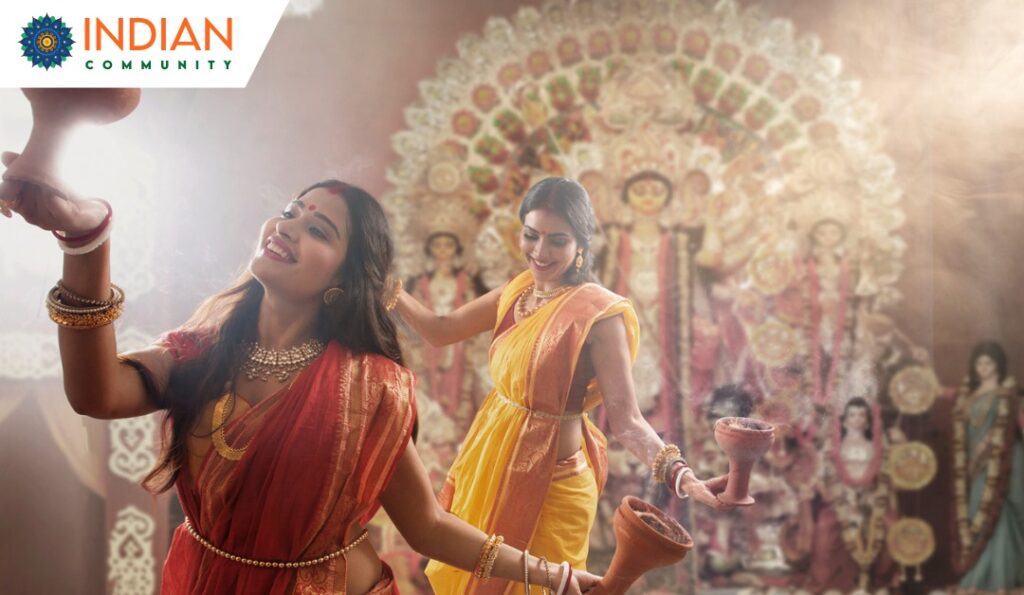
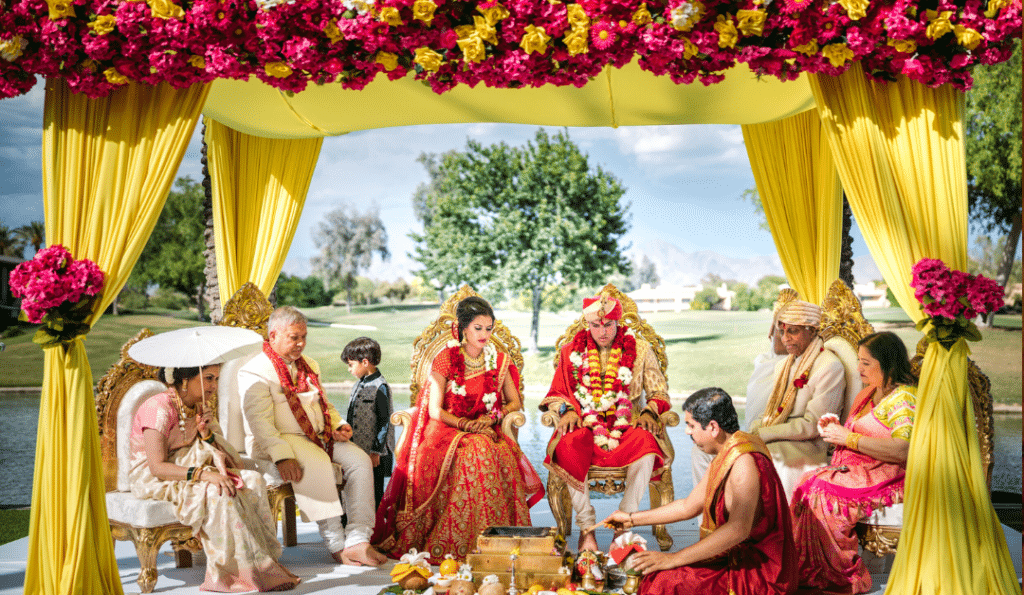
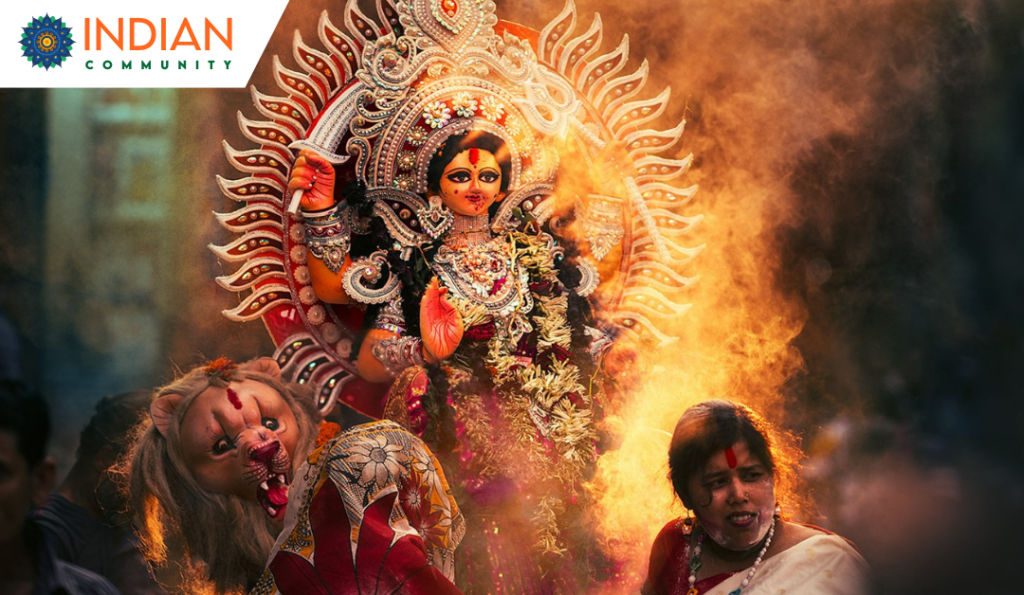
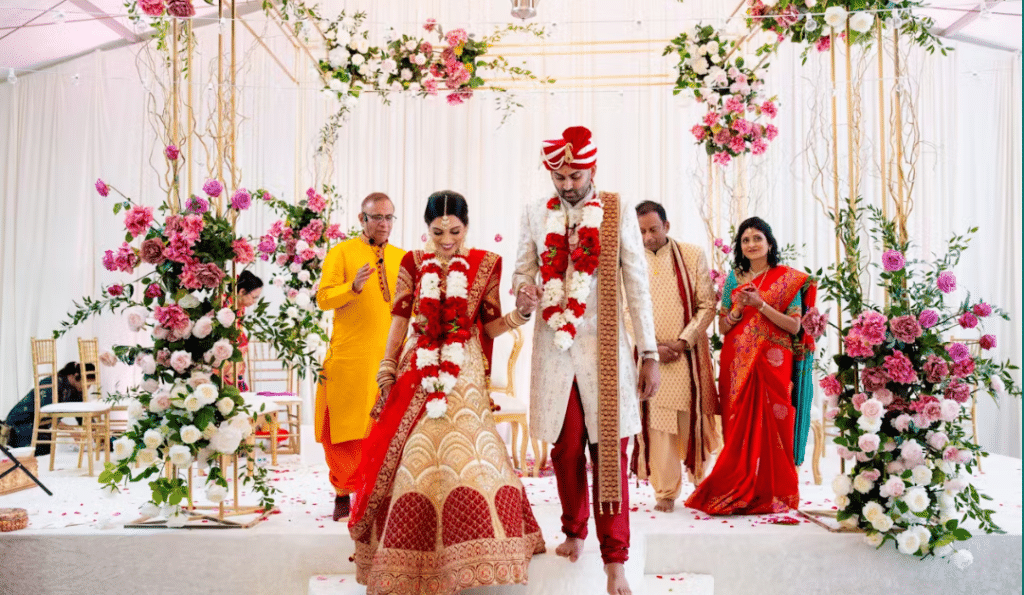
Responses